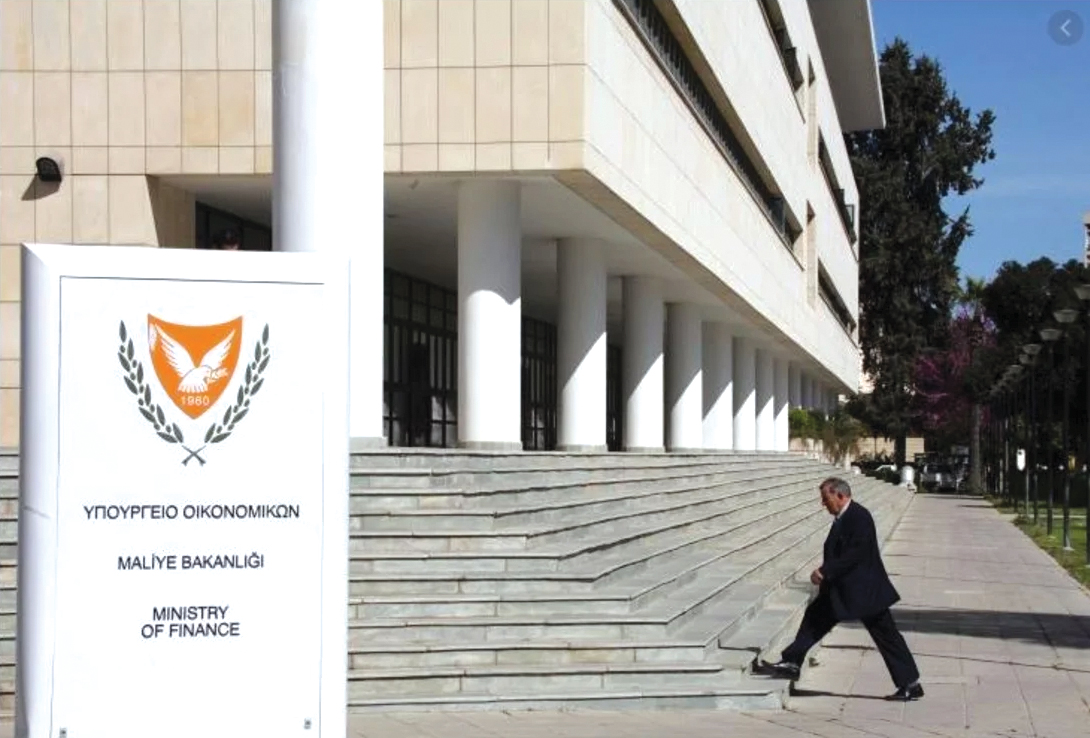Although recent global economic developments, including the imposition of trade tariffs and geopolitical uncertainties, are not expected to have significant immediate impact on the Cypriot economy, they nevertheless pose risks to its future course.
In recent reports, the International Monetary Fund highlights the negative effects of rising trade barriers. With respect to Cyprus, the IMF has downgraded its forecasts, estimating that GDP growth in 2025 will slow down to 2.5 per cent, compared to its previous forecast of 3.1 per cent.
At the same time, the Centre for Economic Research of the University of Cyprus points out that the country’s economic growth will decrease from 3.4 per cent in 2024 to 2.8 per cent in 2025, and that uncertainty may reduce investment and consumer confidence, burdening public finances.
Although public debt in Cyprus has decreased as a percentage of GDP, and fiscal surpluses have been recorded in recent years, the need for fiscal prudence stems from the uncertain economic environment.
Specifically, the increase in inelastic expenditure, emanating from permanent wage increase commitments, surges in the cost of implementing large infrastructure projects and untargeted tax cuts, limit the state’s ability to respond to potential economic crises in the future.
Fiscal policy must remain flexible, ensuring resources for addressing immediate challenges, such as the water shortage and demographic problem, strengthening strategic investments concerning, mainly, the energy and digital transitions, and managing unforeseen challenges amidst the general climate of uncertainty.
The following suggestions may strengthen Cyprus’ fiscal flexibility:
Upholding fiscal discipline: avoiding significant increases in inelastic public spending and further reductions in government revenues. Maintaining manageable public debt and creating fiscal space will, if deemed necessary, make a government intervention more effective towards addressing a possible economic crisis.
Strengthening economic resilience: adopting policies that support economic diversification and flexibility, and reducing the degree of dependence on volatile external factors, as well as over-reliance on a small number of sectors, such as construction and real estate.
Prioritising strategic investments, taking into account the Recovery and Resilience Programme of the EU: committing resources to the energy and technology sectors, aiming to increase competitiveness and the long-term economic sustainability of the country.
Active monitoring and analysis of economic indicators and preparation of plans to respond to scenarios under worsening economic conditions.
International cooperation: active participation of Cyprus in international initiatives to ensure a stable trading environment.
In conclusion, Cyprus may be at a critical juncture. Careful fiscal management is crucial to address the increasing global economic uncertainties. By adopting a prudent fiscal policy and focusing on strategic investments, our country can ensure its long-term stability and growth.
Andreas Charalambous and Omiros Pissarides are economists and the views they express are personal







Click here to change your cookie preferences